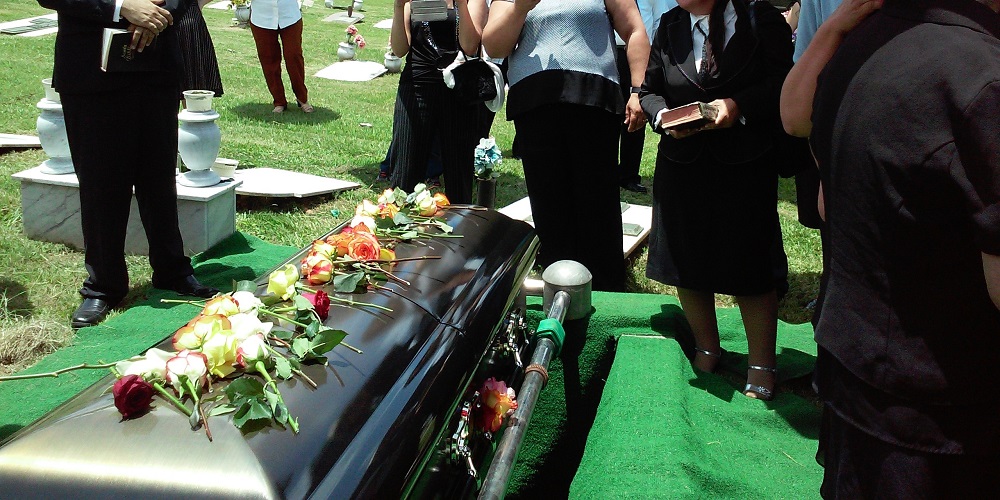Experiencing the death of a loved one is one of life’s most challenging and heartbreaking events. Grief is a natural response to loss, and it’s essential to understand that everyone copes with it differently. While the grieving process may be complicated, there are steps you can take to help navigate through the pain and find healing. Let’s explore these steps in more detail.

Step- By-Step Guide to Cope with Grief After the Death of Your Loved One
Give yourself permission to get emotional
It’s essential to allow yourself to feel the full of emotions that come with grief. These emotions may include sadness, anger, guilt, and even relief. Remember:
- It’s okay to cry and express your emotions openly.
- Don’t judge or suppress your feelings. Allow yourself to process them in your own time.
Seek Support from Loved Ones
During this challenging time, contact your family and friends for support. They can provide a listening ear, comfort, and understanding. Consider:
- Sharing your feelings and memories of your loved one with those close to you. It is a common trait to share sweet memories according to hindu funeral customs.
- Allowing others to help and support you in practical ways, such as with household tasks or errands.
Take Care of Your Physical Well-being
Grieving can take a toll on your physical health. Taking care of yourself is crucial during this time. Focus on:
- Maintaining a balanced diet and eating regular, nourishing meals.
- Getting enough sleep and rest, even if it’s complicated.
- Engaging in gentle exercise or activities that bring you comfort and solace.
Express Your Grief Creatively
Finding creative outlets can help you process and express your grief meaningfully. Consider:
- Writing in a journal to reflect on your thoughts and emotions.
- Creating artwork or crafts as a form of therapeutic expression.
- Engaging in activities enjoyed by your loved one to honor their memory.
Seek Professional Support
Sometimes, the support of friends and family may not be enough, and that’s okay. Don’t hesitate to contact professional counselors or therapists specializing in grief counseling. They can provide guidance and support as you navigate through your loss.
Allow Time for Healing
Healing takes time, and the grieving process has no set timeline. Understand that grief is a personal journey that may take longer for some than others. Remember:
- Be patient and compassionate with yourself as you navigate through the ups and downs of healing.
- Don’t compare your grief journey to others’. Each person’s experience is unique.
Remember Your Loved One
Finding ways to honor and remember your loved one can provide comfort and solace. Consider:
- Creating a memory box or scrapbook filled with photographs, mementos, and stories.
- Lighting a candle or visiting a special place that holds significance to your loved one.
- Participating in activities or organizations that align with their passions or interests.
Final Thoughts on Coping with Grief and Loss
In conclusion, coping with grief and loss after the death of a loved one is a challenging journey by allowing yourself to feel, seeking support, taking care of your physical well-being, expressing your grief creatively, and seeking professional help when needed. It provides time for healing and finding ways to honor your loved one’s memory. You can find healing and peace during grief.
Remember, seeking support and reaching out for help during this challenging time is okay. Whether from friends or professionals, the support of others can make a significant difference in your healing process.

